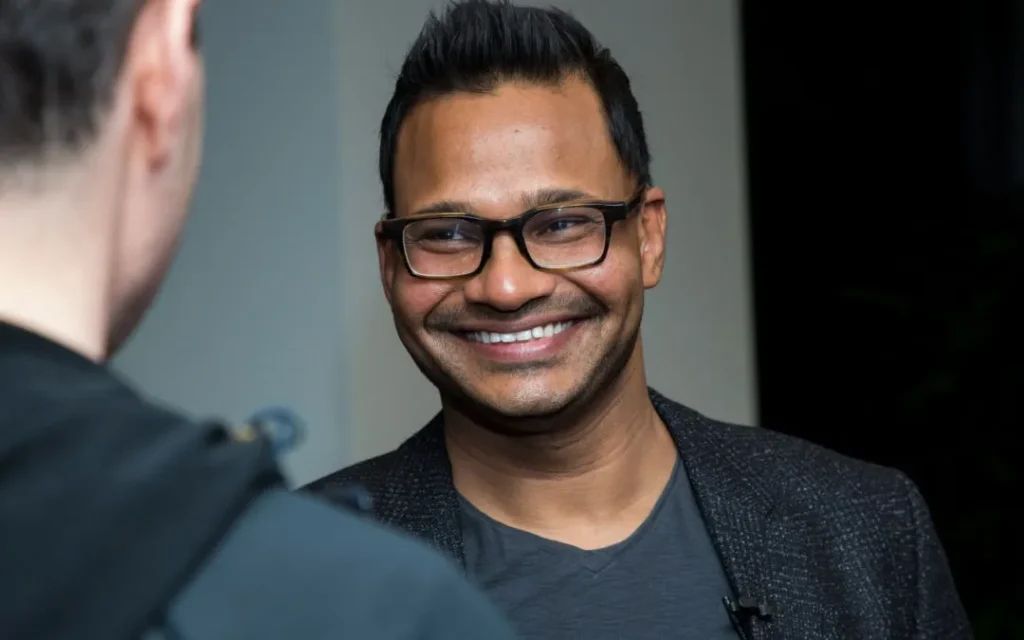In 2017, Jyoti Bansal, the founder and chairman of AppDynamics, encountered what he describes as “the hardest decision” of his professional life: selling his software startup to Cisco for $3.7 billion just days before its scheduled IPO. Although either choice would have significantly enriched Bansal, his foremost concern remained the well-being of his employees.

Who Is Jyoti Bansal?
Jyoti Bansal is the founder of AppDynamics, which he sold to Cisco in 2017, transforming approximately 400 of his employees into millionaires. A graduate of IIT Delhi, the 46-year-old holds over 20 US patents as the lead inventor. After the sale of AppDynamics, Bansal established the software delivery firm Harness, the venture capital company Unusual Ventures, and the API security startup Traceable AI.
The Right Move for Employees
Bansal believes that selling the company was the best decision for his team. The sale made around 400 employees millionaires, with many receiving more than $5 million. “These are life-changing amounts,” Bansal shared with CNBC.

Factors in Decision-Making
Before accepting Cisco’s offer, Bansal evaluated multiple factors. He assessed how well AppDynamics’ products aligned with Cisco’s portfolio and the cultural and financial implications of the sale for his 1,200 employees. Additionally, he contrasted Cisco’s $3.7 billion offer with his own IPO expectations, estimating that it would take three to four years of strong performance to reach that valuation in the public market. He noted that selling reduced risk for employees, creating a significant impact.

Reflecting on the Decision
Although Bansal initially regretted selling, believing he could have continued to grow the company, he ultimately supports his choice. The sale allowed him to shift his focus to new ventures. Today, he serves as the CEO and co-founder of two software startups: Traceable and Harness, the latter of which reached a valuation of $3.7 billion in 2022.
Prioritising Employees
For Bansal, the sale was about more than personal financial gain. “As the founder, the money was life-changing for me, but the biggest factor was our employees,” he remarked.

A Unique Perspective on Employee Welfare
It’s uncommon for startup founders to prioritise their employees when contemplating a sale. Jay Chaudhry, the founder of Zscaler, faced a similar situation in 1998 when his company was acquired by VeriSign for $70 million. He didn’t fully grasp the impact on his employees until much later. Two years after the acquisition, as VeriSign’s stock surged, 70 out of the 80 employees became millionaires. “People were going crazy,” Chaudhry recalled. “They had never thought of so much money. Some were buying new houses, others new cars. One employee took six months off and travelled the country.”
